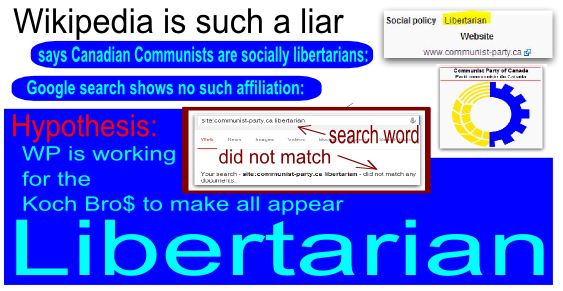I have promoted L4 over Linux for a decade now, but L4 needs to roll back a decade. to make it actually free and open as FSU developers have made it purely-proprietary (w/o mentioning..) The microkernel advantage, I believe, is currently security-oriented; not to say Linux is bad in that way, but that OSs need to be able to switch out components depending on how political/financial winds blow around their developers. Further, I support the original GNU model where code is highly-visible so that weaknesses can be easily spotted during implementation efforts: scripting like Korn's shell, but significantly updated.
If Pengpod is going to be real-world useful far beyond Android, it needs drivers, and all drivers are written for Apple (IOkit) and Windows (NDSI), so, in my opinion, the driver tail wags the OS dog.
Comparions w/ my Thinman Model from late-90s / early 2000s
If I may say so, I pretty-well "presaged" this idea in the late-90s during the tech boom but had horrible experiences with F-ll-ps and Caldera. (Caldera went on to the famous own-your-brain nonsense law suits bought with SCO via the Unix purchase from Bell, so you get the idea). My products were basically this and also a set-top box that was educationally-oriented. I initially meant to use a National Semiconductor/Cyrix chip that eventually became the VIA MiniITX with all its fun community stuff (http://www.mini-itx.com/projects). At first glance PengPod meets much of my initial criteria including external keyboards and HDMI.
This idea, the ThinMan, meant to develop a purely-data-centric OS that brought modules to data within a browser window, so that each dataset imitated a unique "app." All developers would code would be modules and libraries. Perl's CPAN was the model for support, but in machine- or byte-code; meshing would be the communication method of sharing and to wire for server support: the Thin/Fat model.
Needless to say, I learned the hard way that individual efforts are nearly a waste of time and hugely demoralizing, and that "angel" investors are anything but. Keep in mind the tech market had just crashed along w/ the WTC towers with a good many associates. The entire US economy would follow in a few years thanks to CDS derivatives, which was actually my last paying tech gig, oops.
L4 now runs fully independently as a "security phone"
I must add OSkit when writing about IOkit and drivers. This effort in the earliest part of the century (in Utah, of all places ;) ) was much like it sounds, and was used by Dresden to create the proprietary L4 that is in nearly every phone. In one case, a "secure" phone system "montes" to pure L4 operation, so fully-certified secure code is out there (but not available to us despite impressions.)
L4 is effectively purely-proprietary
The Dresden effort was largely academic (but still proprietary ironically a descendant of the non-owning socialism of the former GDR), so many PDFs (in typically-horrid empirical-style) are available so one can get a good idea of where free OSs need to go--or, at least, follow.
Re-assembled Linux as the new Android
An area w/in Android that confuses me wrt to Linux and Android is the Linux/Android fork. First, why has Android forked, or, perhaps, delineated? The explanation seems to be that Linux & Co. are too slow to intake Android mods, and, of course, Android cannot wait. So, Android goes its own way making it effectively a fork, but it continues to be Linux.
If Android is moving ahead so fast and Linux is lagging, and Android is meeting consumer demand and Linux was a server-oriented deception pretending to be a (free) desktop (for the masses) all along, then, logically, Android is the place to be! What I read is that Android is highly-reduced and, thus, no longer POSIX. So, my question is "why hasn't a distro emerged that takes Android released-code and adds back the missing stuff" to make a valid POSIX desktop (and presumably server) for all systems?
Note: I often coredump here: http://www.oddmuse.org/wiki/John_Bessa


No comments:
Post a Comment